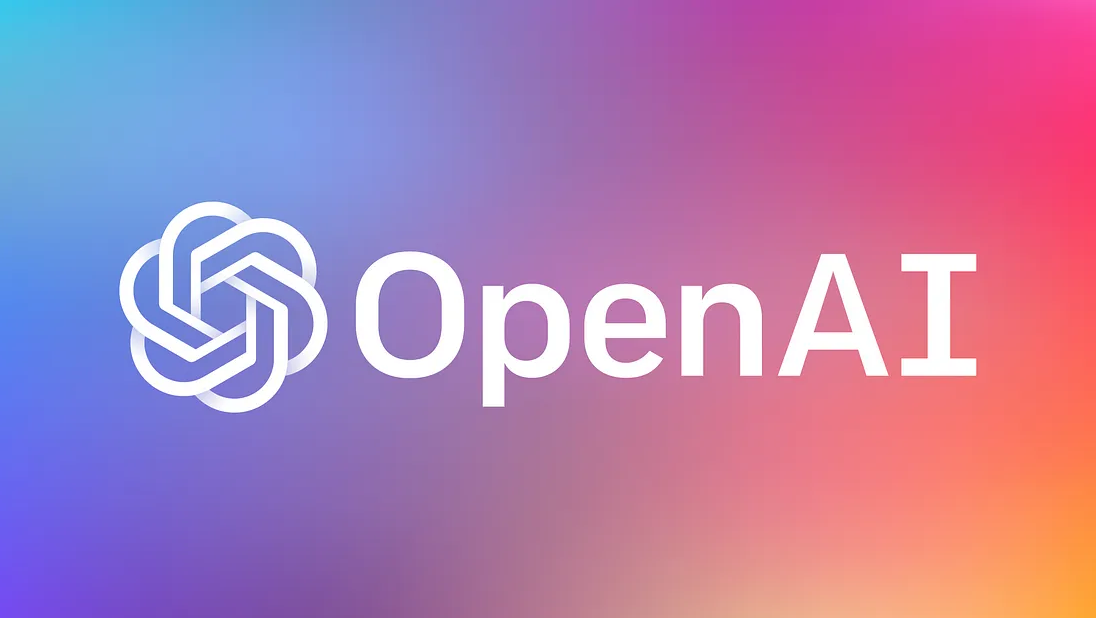The European Union will use the COP30 Climate Conference in Belém, Brazil, to reinforce its commitment to a fair and ambitious global clean transition.
The EU aims to accelerate the implementation of the Paris Agreement by driving decarbonisation, promoting renewables, and supporting vulnerable nations most affected by climate change.
President Ursula von der Leyen said the transition is ‘ongoing and irreversible’, stressing that it must remain inclusive and equitable.
Additionally, the EU will call for new efforts to close implementation gaps, limit temperature overshoot beyond 1.5°C, and advance the Global Stocktake outcomes from COP28. It will also promote the global pledges to triple renewable capacity and double energy efficiency by 2030.
A new climate target will commit to cutting net greenhouse gas emissions by between 66.25% and 72.5% below 1990 levels by 2035, on the path to a 90% reduction by 2040.
The EU also supports the creation of a Coalition for Compliance Carbon Markets and increased finance for developing countries through the Baku to Belém Roadmap.
Commissioner Wopke Hoekstra said Europe’s climate ambition strengthens both competitiveness and independence. He urged major economies to raise ambition and accelerate implementation to keep the Paris target within reach.
Would you like to learn more about AI, tech and digital diplomacy? If so, ask our Diplo chatbot!









